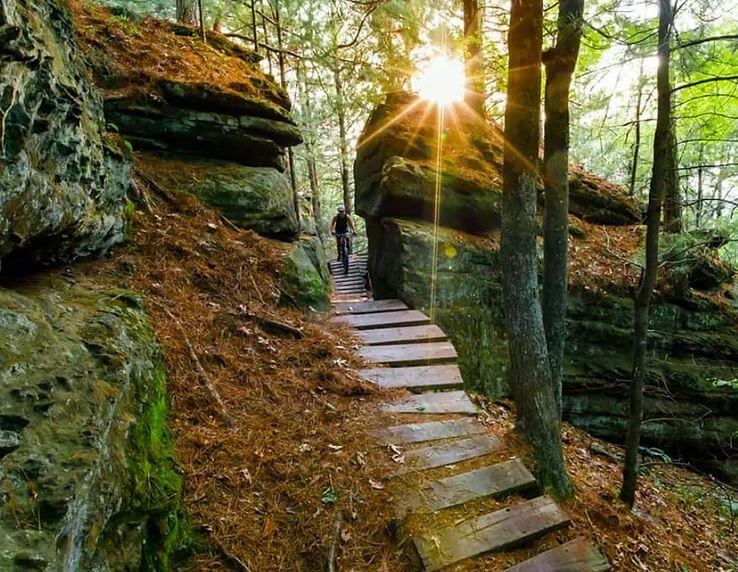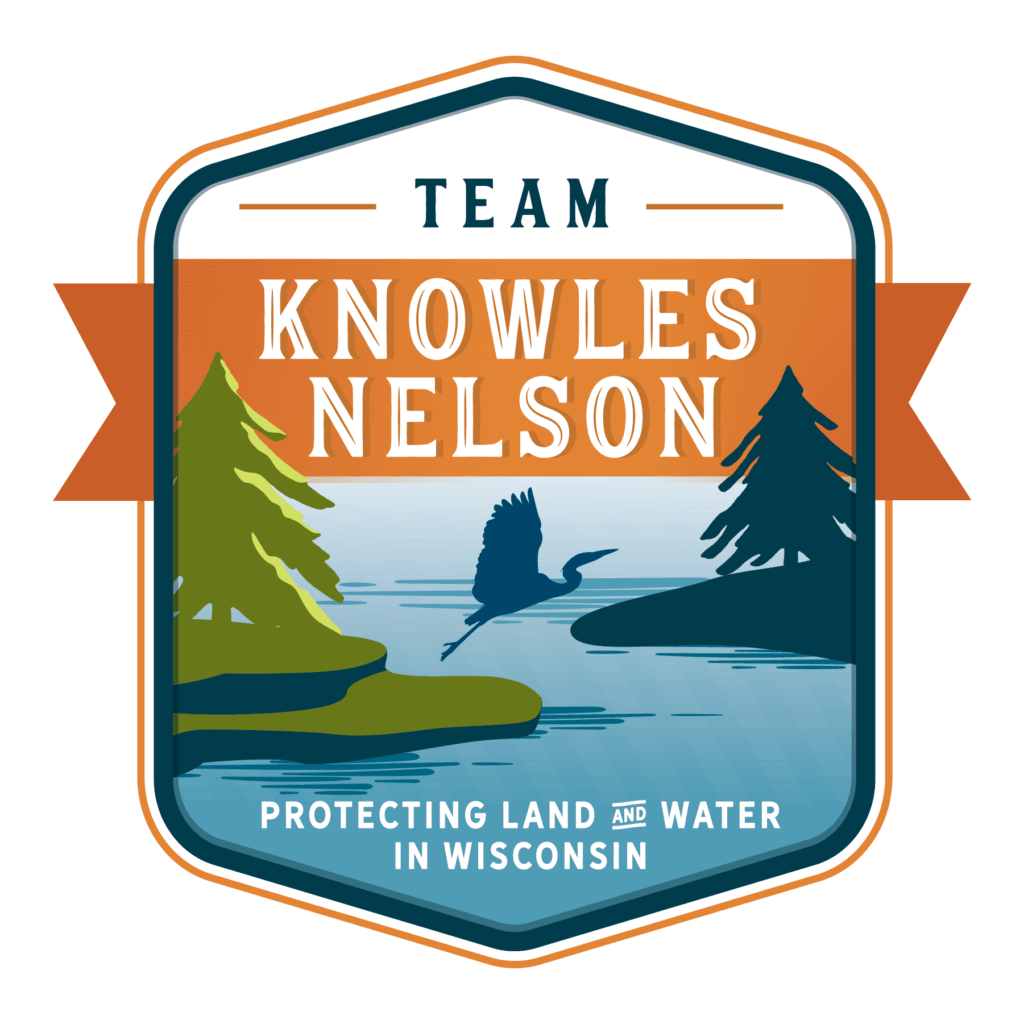
Nature makes us healthier. It’s as simple as that. A walk in the park can lower your feelings of stress and anxiety. Camping for a few days away from screens can make you a more creative thinker and a better problem solver. And the wetland that you’ve never visited reduces water pollution, which saves all of us millions of dollars in healthcare costs every year.
We’re in the midst of a pandemic, and access to nature is more important than ever. Visits to parks and green spaces have shot up as people seek out ways to exercise, to relax, and to share a safe space with friends and family.
The Knowles-Nelson Stewardship Program protects the special places that provide refuge during trying times, and the program has awarded more than 1,500 grants that make our parks and preserves better places to visit. Stewardship grants provide funds for trails, shelters, boat launches, and more.
We here at Team Knowles Nelson think of conserved land in Wisconsin as an integral part of our public health infrastructure. Outdoor recreation and access to nature can lead to a healthier lifestyle and lower rates of chronic illnesses such heart conditions, diabetes, and obesity. Even short periods of time away from screens and enjoying open space helps us feel less stressed or anxious, and time spent in nature helps us feel happier, more connected to others, and it increases our ability to concentrate. Thanks to Wisconsin’s commitment to public lands, more than 9 out of 10 Wisconsin households are located within one mile of a Knowles-Nelson Stewardship investment.
The Knowles-Nelson Stewardship Program funds projects that protects the places where we work and play, often right in our own backyard. Watch to learn about the work of the River Revitalization Foundation in Milwaukee, Wisconsin.
When we think of conserved lands as public health infrastructure, we also see how nature provides indirect health benefits by protecting us from pollutants. For example, replacing marginal agricultural fields with grassland or forest cover can significantly reduce nitrate concentration in groundwater. High nitrate concentrations in drinking water are associated with adverse birth outcomes and increased risks of some types of cancer, costing the state between $21 and $76 million annually in direct medical costs and tens of millions more in lost productivity.
Whether it’s cleaning our air and water or providing a quiet, relaxing place to take in the view, Knowles-Nelson helps nature work for us.
Download the full research paper and read about how the Knowles-Nelson Stewardship Program makes it possible for all of us in Wisconsin to enjoy the restorative benefits of nature.
knowlesnelson.org is supported and maintained by Gathering Waters, Inc., a nonprofit, tax-exempt charitable organization (tax identification number 39-1805090) under Section 501(c)(3) of the Internal Revenue Code.
CC BY NC Except where otherwise noted, content on this site is licensed under a Creative Commons Attribution-NonCommercial 4.0 International License. Attribution: Gathering Waters
